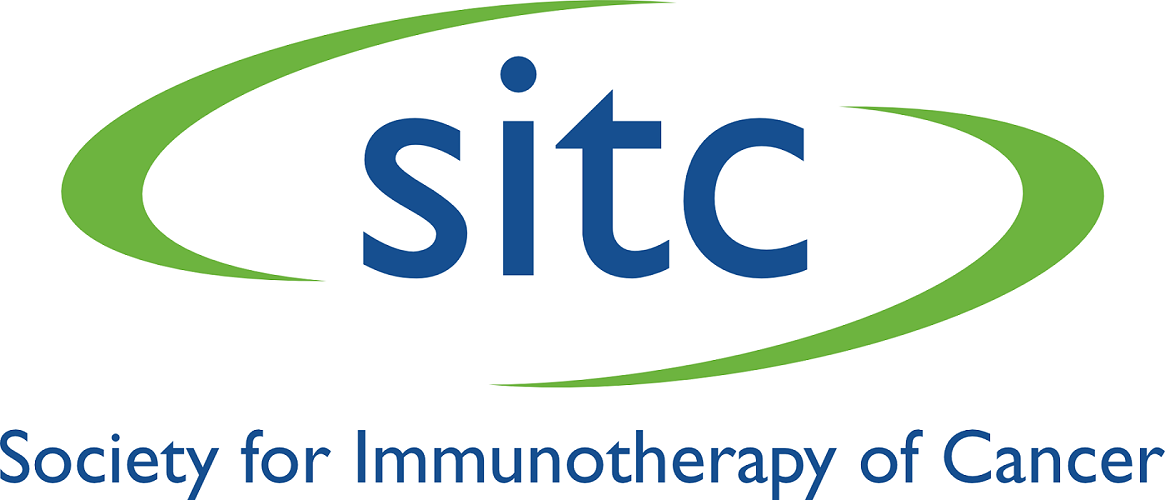
From the Society for Immunotherapy of Cancer's (SITC) Advances in Cancer Immunotherapy™ (ACI) educational series, this course provides an overview on practial barriers to implementing immunotherapy into clinical practice and immune-related adverse event management in the emergency setting. The on-demand webinars, hosted by Jacqueline Caban (Yale New Haven Health System), Jeff Liticker (UT Southwestern Medical Center) and Sanjiv S. Agarwala (St. Luke's Cancer Center and Temple University), gives an update on practial barriers to implementing immunotherapy into clinical practice and immune related adverse event management in the emergency setting. Stay up to date with the most recent clinical recommendations and research by exploring the curated Additional Resources tab.
Target Audience
The target audience includes clinical oncologists, registered nurses, nurse practitioners, pharmacists, emergency physicians, allied health professionals, other patient care providers, students and patient advocates. The course is designed to help all members of the cancer health care team stay connected with updates in the field of cancer immunotherapy.
SITC Online Education Disclaimer
A qualified healthcare professional should be consulted before using any therapeutic product discussed. Readers should verify all information and data before treating patients or employing any therapies described in this educational activity.
Course Available Beginning: February 19, 2019
- Identify applicable immunotherapy coverage challenges
- Identify solutions for specific immunotherapy scenarios including predeterminations, denials, appeals process, etc.
- Understand how to establish medical necessity, missing precertification and/or new agents
- Understand the role of the multidisciplinary team in immunotherapy of cancer including infrastructure, staffing and responsibilities
- Recognize pharmacy effective practices
- Expand access in the community setting by connecting rural patients to immunotherapy option and implementing emergency response to triage immunotherapy with irAEs
